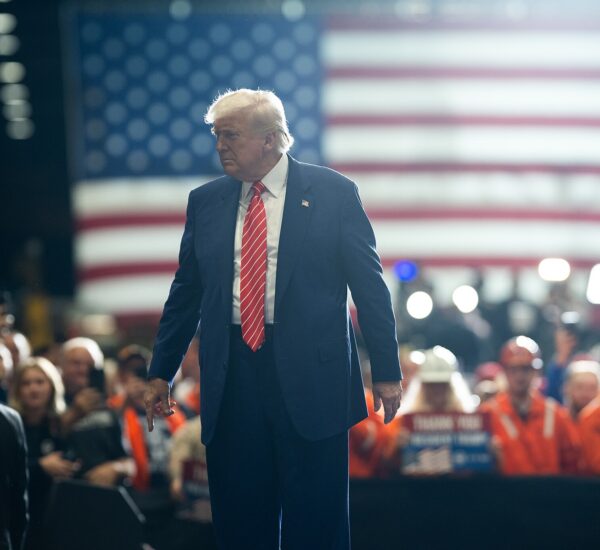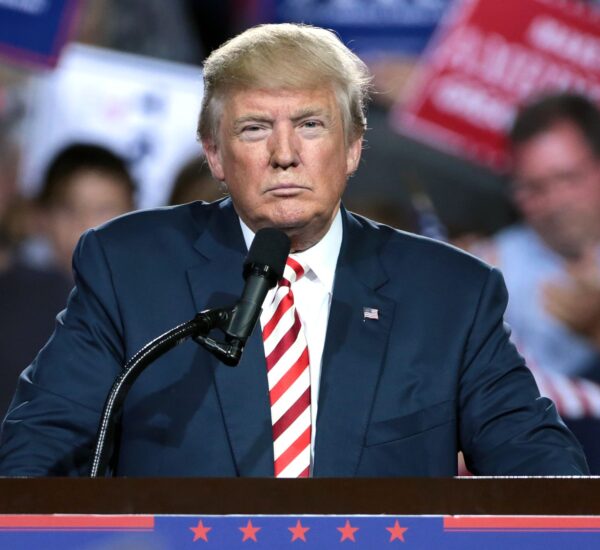U.S. Troops Urgently Deployed Where?
Tensions are escalating and Biden is still refusing to do anything.
Iowa Governor Kim Reynolds recently announced a significant deployment of 110 National Guard troops from her state, alongside law enforcement personnel, to support Texas in its efforts to stem the flow of illegal migrants entering from Mexico. Describing the situation at the border as an “invasion,” Reynolds criticized the Biden administration for what she perceives as a failure to protect border sovereignty.
This move comes in the wake of Texas Governor Abbott’s confirmation of an additional 700 soldiers from the Texas National Guard and the newly established Texas Tactical Border Force (TTBF) being deployed to El Paso, following reports of migrants breaching barriers.
Illegal migration has become a highly contentious issue in the United States, leading to tensions between Texan authorities and the federal government. Donald Trump, a potential candidate for the 2024 Republican presidential nomination, has made tackling illegal immigration a central theme of his political platform.
The Iowa National Guard troops are expected to remain in Texas until May 3, with further deployments planned in the coming months. Governor Reynolds emphasized the duty of every state to protect its citizens in the face of what she termed a national crisis.
Governor Abbott, via social media, highlighted the surge of troops to El Paso in response to footage showing migrants pushing past barriers. He emphasized the state’s commitment to securing the border using all available resources.
Border encounters between law enforcement and suspected illegal migrants have surged, with over 68,000 encounters recorded in January 2024 alone. This marks a significant increase from previous months, adding to the urgency of the situation.
The deployment of National Guard troops and law enforcement reflects a broader trend of states taking proactive measures to address border security in the absence of what some perceive as adequate federal action. This trend has raised constitutional questions regarding the division of responsibilities between federal and state governments in matters of immigration enforcement.





